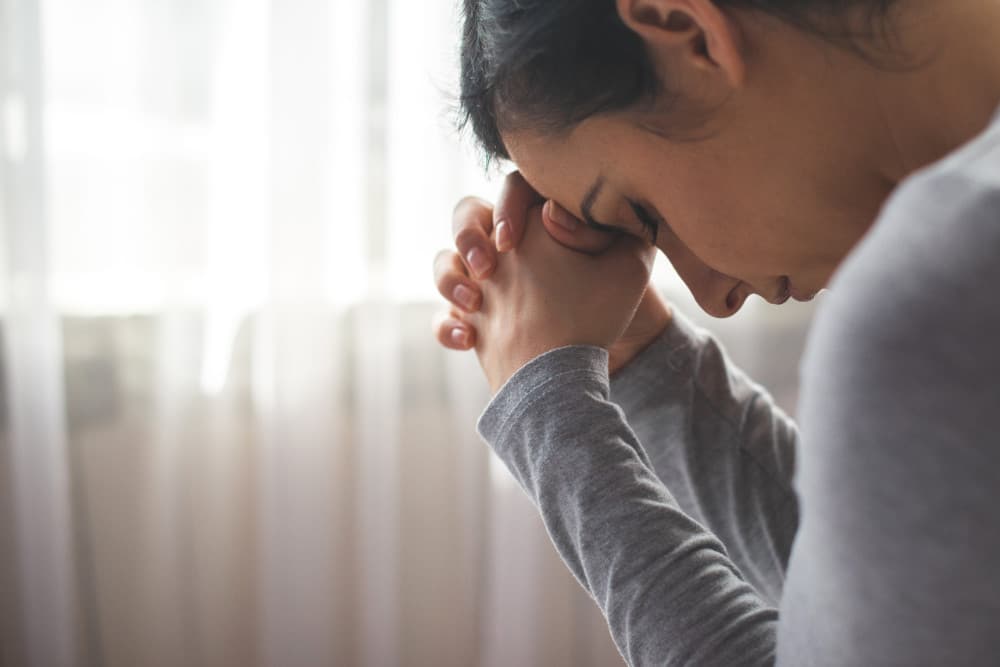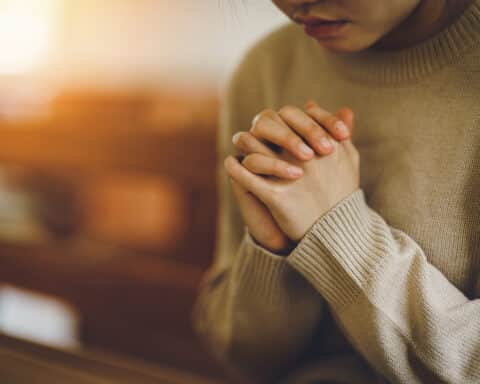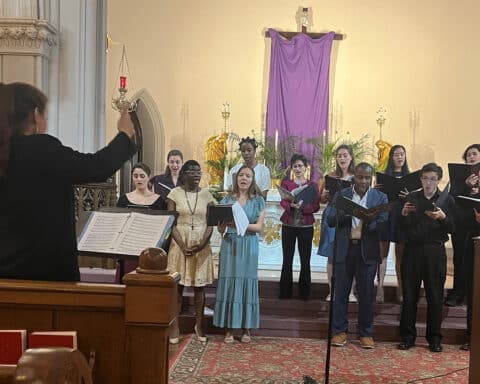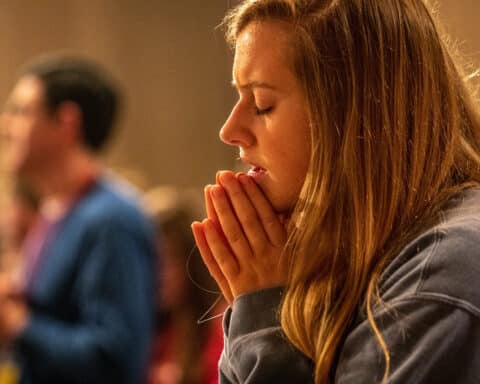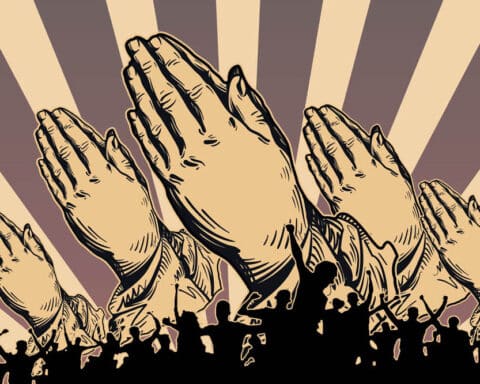
— Name withheld, via email
Answer: You ought not be bound by this sort of “vow,” but let’s first state some principles. It is true that making vows to God is something permitted to Catholics. Obviously this is done in moments such as holy matrimony, entering religious life, becoming a priest and so forth. There are also some who vow to live outside of formal religious communities as consecrated virgins or as hermits. However, such vows or promises just listed are not made alone or “privately”; they are made in union and consultation with the Church and the local bishop. This most often involves extensive discussions with a spiritual director and solid formation prior to making such vows that involve what are expected to be lifelong states of life.
This illustrates that your private expression of a vow is very problematic and not likely something to which you are held. In the first place, you indicate you entered into this vow privately and, hence, without the advice of a spiritual director or the authority and guidance of the bishop. Further, you seem to have made this vow or promise under some duress, being, as you note, “in a state of great fear” that your parents and family might go to hell. Vows or promises made under such duress are not valid. Third, you were in error thinking that by making this promise you could “save” your family members or somehow override a judgment that is the Lord’s alone to make. While prayers and sacrifices can help the souls in purgatory, we cannot make deals with God to guarantee an outcome of salvation. (The souls in purgatory, of course, have already been judged as bound for heaven.) Only the Lord can save us, and only the Lord can judge us, and he will do so only in accord with his perfect justice and knowledge. We cannot bind God by any promise we make, and we cannot put him in our debt.
Hence, given what you have said, the promise or vow (especially of this magnitude) was not proper and very likely not binding in any way. However, you ought to consult with a priest you trust and discuss this at length and in person. A priest, usually in the context of confession, can commute, remit or amend a vow or promise you made in this set of circumstances. Remember, the Church has the power of the keys to bind and loose in such matters as sin or, in a matter like this, of a private and personal promise. Hence, whatever opinion you or I or any other priest might have, the most certain course of action is to have the promise submitted to the Church and remitted in confession. This will also assist your conscience in being more at peace.
Whether marriage, religious life or some other consecrated status is in your future, it ought to be discerned carefully with trusted and spiritual friends or a spiritual director and, ultimately, with the Church. Public and solemn vows of this are more binding, but you need not consider yourself bound to this private and problematic vow that you made for the reasons stated, and there is a method to deal with it.
Prayer and fasting
Question: Does fasting along with prayer increase the efficacy of prayer?
— John Wolock, Worthington, Ohio
Answer: Yes, it would generally be the case since prayer aligned with sacrifice is pleasing to God. Jesus also says as much in Matthew 17:21, indicating that certain demons are only driven out by prayer and fasting. However, we ought to avoid any superstitious notions or thoughts that we can “force” God’s hand, as noted in the question above.
Msgr. Charles Pope is the pastor of Holy Comforter-St. Cyprian in Washington, D.C., and writes for the Archdiocese of Washington, D.C. at blog.adw.org. Send questions to msgrpope@osv.com.

